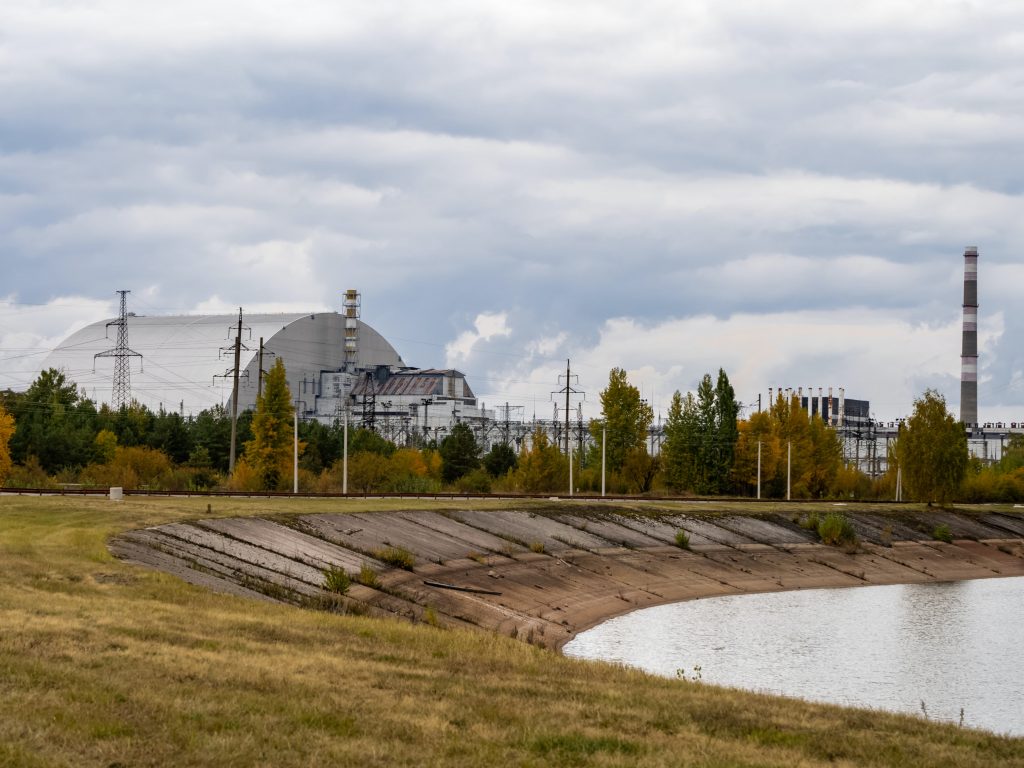Sussex is home to many working farms and rural businesses. Retaining walls are important for those who need to level a sloped piece of land or create more space on their farms and other agricultural property. If you’re considering using retaining walls on your agricultural land, there are a few key questions you’ll need to answer first.
These questions will help you determine if retaining walls are the right solution for your needs and, if so, what type of retaining wall will work best in your particular situation.
What type of soil do you have?
There are many types of soil, each with its unique characteristics. The type of soil you have will directly influence the retaining wall you’ll need to use. For example, sandy soil is not as dense as clay soil and requires a specialised retaining wall. Different soil types also have different moisture levels, which can impact the stability of a retaining wall. Therefore, it’s important to understand the type of soil you’re dealing with before choosing retaining wall systems.
What is the drainage like?
When choosing a retaining wall for agricultural applications, drainage is an important factor to consider. Poor drainage can cause issues with the wall’s stability and the health of the plants you’re trying to grow near it. For example, if the soil around your retaining wall is consistently moist or wet, it can lead to mould and mildew, weakening the wall’s structure and making it more susceptible to collapse. In addition, poor drainage can also cause problems with plant growth, as wet conditions can promote root rot and fungal diseases.
What is the slope?
Depending on the properties of your land, the slope of your agricultural land will also influence the retaining wall you use. For example, slopes with a loose surface layer of soil are more susceptible to collapse than those with a harder bedrock underneath. The size and angle of the slope also play a role in determining the stability of the land. In general, steeper slopes are more likely to experience landslides and should be avoided if possible. If you have a steep slope on your property, it’s important to consult a professional to determine the best way to proceed with construction.
How much frost and freezing will your wall and the soil be subject to?
When the water in the pores of concrete or masonry walls freezes, it expands and can cause the material to crack or break. Therefore, it’s important to choose a frost-resistant material for agricultural construction in areas that experience freezing temperatures. Concrete is generally more resistant to frost than masonry, but both materials can be damaged if they’re not properly protected. To help reduce the risk of frost damage, ensure your retaining wall is adequately insulated and drained.
Final thoughts
Retaining walls can be a great addition to agricultural settings. They can help reduce soil erosion, improve drainage, and increase planting capacity on sloped land. If you consider using retaining walls on your property, answer the questions listed above. Doing so will help determine if retaining walls are right for your agricultural construction project.





